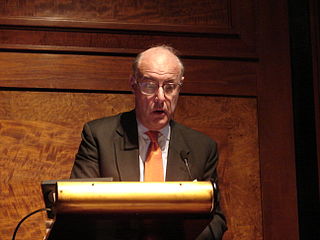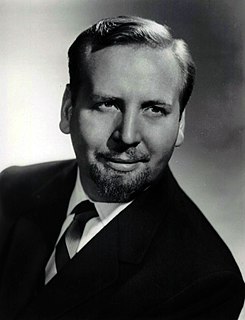A Quote by John Milton
Cyriack, whose Grandsire on the Royal Bench Of British Themis, with no mean applause Pronounced and in his volumes taught our Laws, Which others at their Bar so often wrench
Related Quotes
Conscience is a judge in every man's breast, which none can cheat or corrupt, and perhaps the only incorrupt thing about him; yet, inflexible and honest as this judge is (however polluted the bench on which he sits), no man can, in my opinion, enjoy any applause which is not there adjudged to be his due.
Many people say that we have sufficient laws in our country, just that they are not implemented properly. I completely disagree with them. I have studied many of the laws very carefully. We are still being governed by the same colonial laws which existed in British times. They have not been changed. Many of these laws need to be changed.
To-day Massachusetts; and the whole of the American republic, from the border of Maine to the Pacific slopes, and from the Lakes to the Gulf, stand upon the immutable and everlasting principles of equal and exact justice. The days of unrequited labor are numbered with the past. Fugitive slave laws are only remembered as relics of that barbarism which John Wesley pronounced "the sum of all villainies," and whose knowledge of its blighting effects was matured by his travels in Georgia and the Carolinas.
Royal relationships across the generations have often been strained and distant, rather than close and affectionate. Most eldest sons, interminably waiting to become king, have not been on the best of terms with the sovereign to whose death they look forward with a debilitating combination of guilt-ridden anxiety and eager anticipation. And younger sons (and daughters, too) have often found their lives empty of purpose: cut off by their royal statius, but unable to find anything rewarding with which to fill the time.
And it is undeniably true that the greatest and most important right of a British subject is that he shall be governed by no laws but those to which he, either in person or by his representatives, hath given his consent; and this, I will venture to assert, is the great basis of British freedom; it is interwoven with the Constitution, and whenever this is lost, the Constitution must be destroyed.
What do you call that nice, shiny white metal they use to make sidings and airplanes out of? Aluminum, right? Aluminum, pronounced 'uh-LOO-mih-num', right? Anybody knows that! But do you know how the British spell it? 'Aluminium', pronounced 'Al-yoo-MIH-nee-um'. Ever hear anything so ridiculous? The French and Germans spell it 'aluminium', too, but they're foreigners who don't speak Earth-standard. You'd think the British, however, using our language, would be more careful
Applause is an instinctive, unconscious act expressing the sympathy between actors and audience. Just as our art demands more instinct than intellect in its exercise, so we demand of those who watch us an apppreciation of the simple unconscious kind which finds an outlet in clapping rather than the cold intellectual approval which would self-consciously think applause derogatory. I have yet to meet the actor who was sincere in saying that he disliked applause.






































